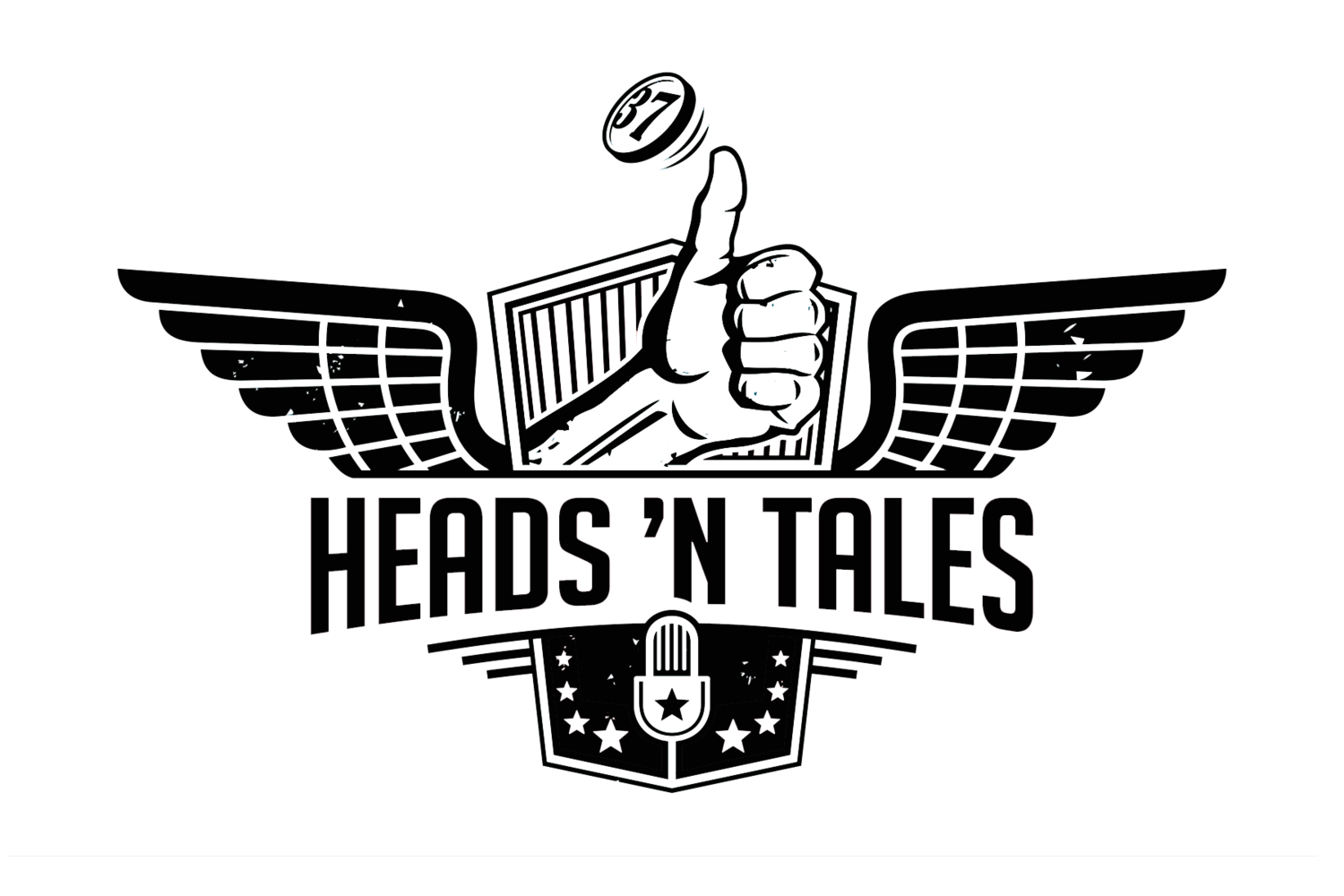Dr. Megan Cannon, Sports Psychologist, Post Concussion Syndrome, "Sit Out a Season or Sit Out The Rest of Your Life"
This week on the Heads 'N Tales Podcast we continue a 4-part educational series with the team from Mind of The Athlete in Bethlehem, Pennsylvania. They understand that sports are emotional and strive to improve the emotional health of athletes. The team at Mind of the Athlete aim to help athletes unlock there potential by equipping athletes with cutting edge sports psychology content, resources, and skills. Their mission is to help athletes thrive and they do so by providing the highest quality one-on-one coaching, team consulting, and speeches.
In Episode 49 we hear from Dr. Megan Cannon and the topic of our conversation is managing post-concussion symptoms. Dr. Cannon has extensive training within the field of psychology. She received her Doctoral Degree in Clinical Psychology from Nova Southeastern University in 2013, after earning a Bachelors Degree in psychology from Wilkes University.
Dr. Cannon works with teams and athletes at all different levels in their careers across the country. She has worked with individual athletes and teams at schools such as Old Dominion University, Bucknell University, University of Pittsburgh, Lafayette College, Lehigh University, Duquense University, and many more.
The team at Mind of the Athlete have been highlighted numerous times in the media. Recently, Dr. Cannon appeared on ESPN’s SportsCenter with Zubin Mehenti as an expert on sports psychology (see below).
During her time at Nova Southeastern University, Dr. Cannon had the opportunity to work in the Sport Psychology Program within the university’s Sports Medicine Clinic. She gained experience providing performance coaching and individual therapy to college student athletes, along with completing presentations and team-building activities with collegiate, high school, and youth club teams. Dr. Cannon also administered the Immediate Post-Concussion Assessment and Cognitive Testing (ImPACT 2.0) program to assess athletes’ baseline and post-concussive cognitive functioning and assisted in establishing return-to-play decisions. This topic was the focus of our discussion in this episode. Below is an outline of our talking points:
Dr. Cannon's athletic and dance background
Importance of staying connected/engaged while injured
Why it's important to think of concussions as injuries of function not structure
The effectiveness of baseline testing
Methods of administration and why it's important
Necessary academic accommodations to maximize recovery
Return to play progressions
How to utilize the benefits of exercise for mood without exacerbating symptoms
Preventing feelings of isolation
Overcoming the fear of returning to play
Helping athletes put things in perspective with piling up school work and and missing games
What to do when people don’t believe your symptoms or think you are "faking it"
Preston Plevretes story (see below)
Managing uncontrollable emotions
The importance of athletic trainers
CTE vs. Loss of Identity, what's worse?
Importance of goal adjustment
"I could have sat out for a season, but now I will sit out the rest of my life"
The Preston Plevretes story has always been a special one to me. We both suffered from second impact syndrome because we hid signs of concussions (headaches) and returned to play too soon. I remember seeing this video for the first time in my sophomore year at Rutgers University after my friend Liam sent me the link. Up to that point, I had never heard of any other athletes who had survived from our injury. I got extremely emotional after watching this, and honestly felt a little guilty because of the differences in our cognitive outcomes. There are two things I will never forget about this E:60.
Because we didn't sit out for our concussions, we now sit out for the rest of out lives. I want every athlete to understand the magnitude of this statement. Although it is important to focus on what you CAN do after injuries, there are plenty of fun things I can't do because I didn't listen to my body on October 5th, 2007. I say this because Second Impact Syndrome is 100% preventable if you give your brain sufficient time to recover after the initial concussion.
Preston states that he wants to learn how to speak well enough again so that he can prevent other athletes from making the same mistake that we made, which was the decision to play with a concussion. Although I can't play football anymore and need to avoid situations where I can hit my head, I have very few limitations from my injury. I was one of the lucky ones. This is one of the main reason's why I started the podcast, which is to be the voice for athletes like Preston who weren't as lucky as I was. I pray that athletes learn from our mistakes in this podcast. I hope it helps to extend their careers long into the future, and for those whose careers are cut short due to any of life's circumstances, I hope it provides you with a roadmap toward success and achievement in other endeavors.



